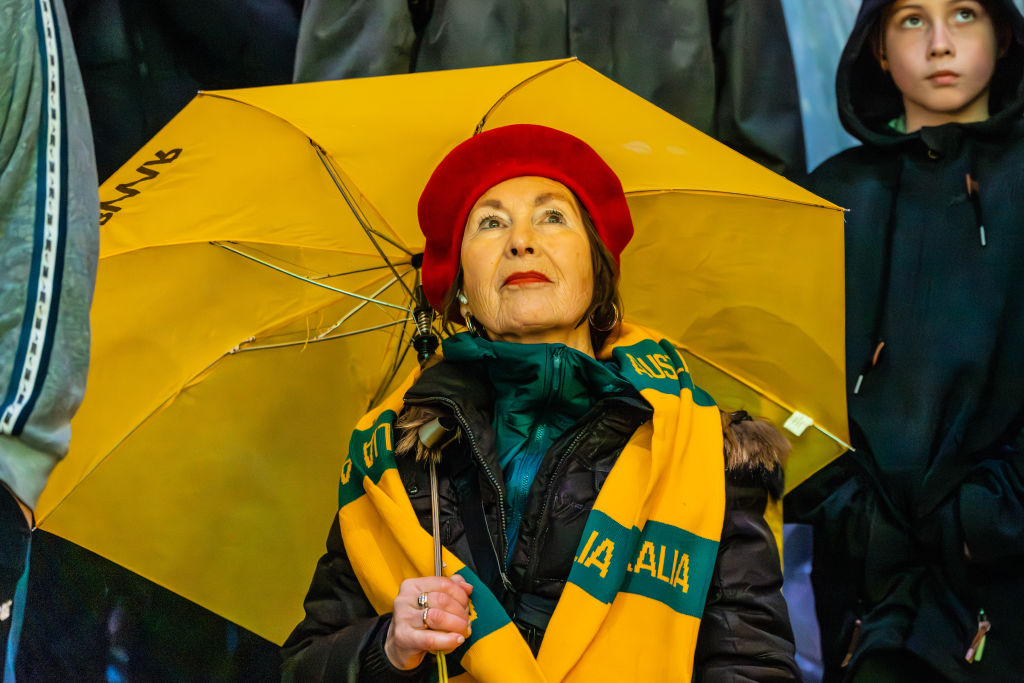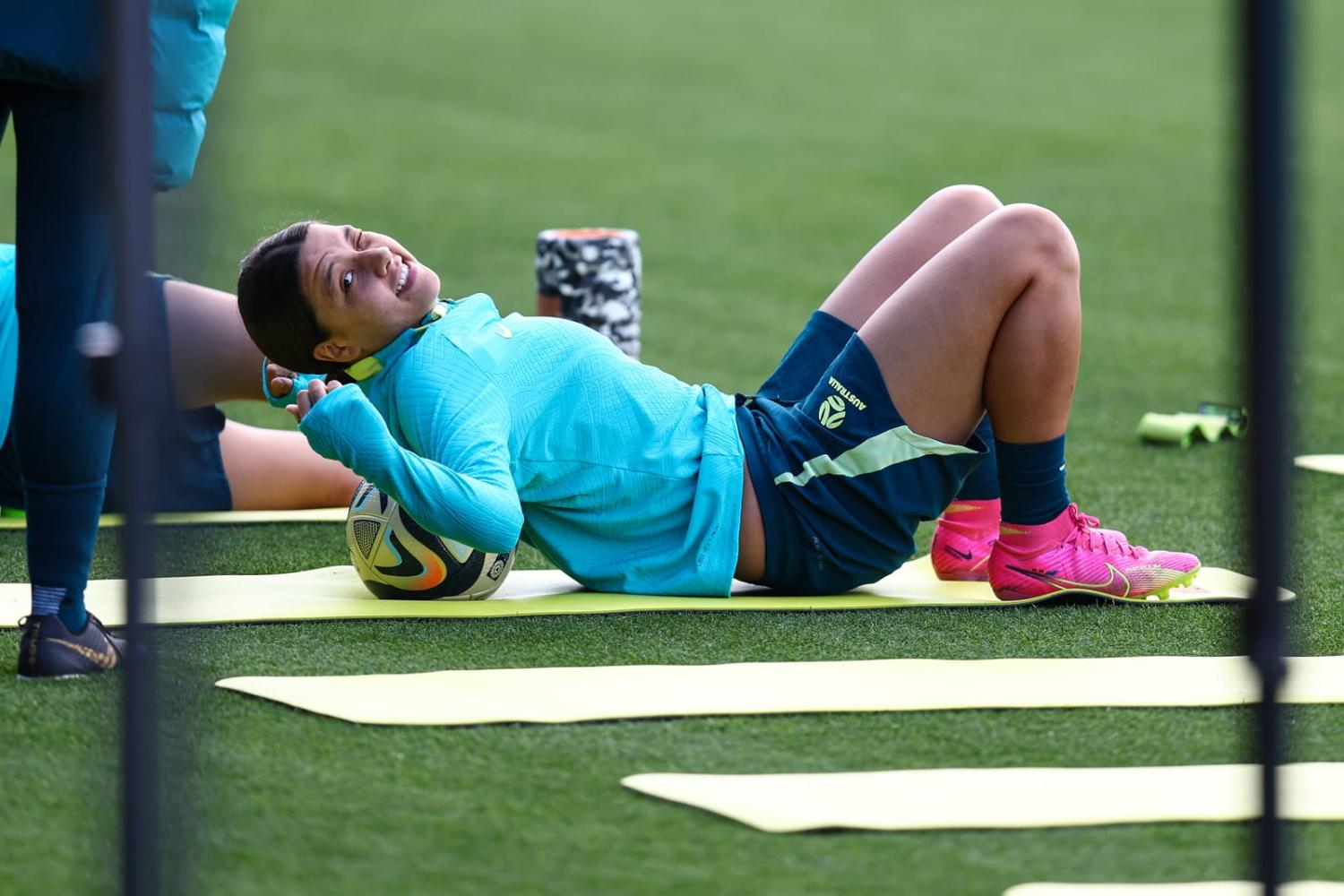Just at the pointy end of the Indian Premier League cricket finals in May, the University of Technology Sydney hosted a conference in New Delhi themed around “Cricket, Collaboration and Commonwealth”. It took place on the Thursday between the semi-final and the final on the weekend. Accordingly, we invited Aussie cricket legends Matthew Hayden and Lisa Sthalekar, who also commentate on the IPL, to be the guest speakers.
So, what happened? Of course, we got a full house in cricket-mad India of people who wanted to meet the Aussie pair and amazing media coverage. As a result, interest in UTS courses has been flooding in from prospective Indian students who met our academics at the New Delhi conference.
We also had a sports research angle in New Delhi with the UTS Cricket Lab-Cricket NSW partnership and their investment in the Delhi Capitals IPL team. The Delhi Capitals physio, Patrick Farhart, a PhD student in Sports Science at UTS and a former physio for the Indian and Australian cricket teams, also spoke at the conference.
This experience got me thinking. If Matthew Hayden and Lisa Sthalekar can be ambassadors for Australian education in cricket-mad India, why not have the Matildas do the same thing in our many trading partners that follow “association football” or “soccer” as the world game?
I am sure Sam Kerr, Steph Catley and the whole team would be a big hit in Asia, Latin America, Europe – and the rest of the world in fact. Mary Fowler’s Papua New Guinea origins have already been popular in PNG, and given the expansion of the FIFA Women’s World Cup this year to 32 teams and the amazing broadcast ratings, the Matildas would be well received virtually everywhere.

How have sporting figures worked as education ambassadors before? Or for trade, tourism and investment or “Brand Australia” if you like?
We did have some experience at this when I was chief economist at Austrade. For the Rugby World Cup hosted by Australia in 2003, we employed Rod McQueen after he had retired as Wallabies coach as head of Rugby Business Club Australia (RBCA) to facilitate introductions for exporters and investors wanting to do business while attending the rugby.
RBCA was based on Business Club Australia (BCA) at the Sydney Olympics 2000, a business-networking club established for trade and business delegations visiting Australia during the Olympic Games. Many exporters, such as architect John Bilmon of PTW, were introduced to business prospects. Bilmon was sitting next to Olympic officials from Beijing for the famous Cathy Freeman race, so as a result when he later went to China to pitch to design the swimming facility for the Beijing 2008 Olympics they had already bonded over Cathy Freeman. Bilmon won the bid, designed the fantastic “Water Cube” for Beijing and the rest is history. Between Sydney 2000 and London 2012, BCA facilitated about $1.7 billion in trade and investment deals. The “power of schmooze” in action.
When the Socceroos finally qualified for the FIFA Men’s World Cup in 2006, the Lowy Institute itself ran a Football Diplomacy conference, where I proposed a Football/Soccer BCA networking event along the same lines as the Rugby World Cup, the Olympics and Commonwealth Games. The late football commentator Les Murray and I hosted some events in South Africa in 2010, but otherwise the BCA concept had gone a bit quiet, which is a shame as there’s great potential for sports diplomacy with the world game.
Now with the Matildas’ success, why don’t we revive the BCA concept and sport diplomacy with the Matildas as ambassadors now and after they retire? Naturally, many will be brand ambassadors for private sector companies, but being part of the nation’s soft diplomacy may be appealing. It is a good time to do it with the Albanese government’s emphasis on gender equity in foreign policy and with women’s sport an important part of its newly released international development policy.
Given how sport-crazy Australia is, we could target our sport diplomacy by region. It would be a “horses for courses” approach (boom tish), emphasising cricket in India, rugby union in the Pacific, rugby league in PNG, and the Matildas in any number of countries. This would be good for building Australia’s brand, good for diplomacy, good for gender equity, and would allow the Matildas to wear the green and gold both now and long after the glory of their playing days is over.
In the meantime, good luck Matildas!

